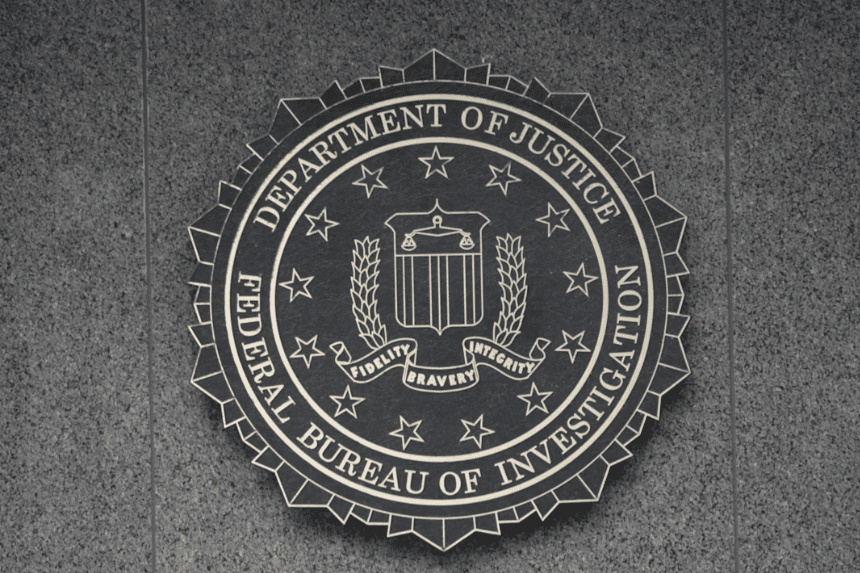Three former senior FBI officials have filed a federal case against FBI Director Kash Patel, US Attorney General Pam Bondi, and several federal institutions, alleging that they were rejected for political reasons. Washington DC. The suit claims that the ending was part of an attempt to please former President Donald Trump, who publicly criticized the FBI’s politically sensitive investigation.
The plaintiff, all high-ranking agents, say their dismissal violated constitutional security, including the first and fifth Amendments. They are demanding restoration and full payment. This high-profile case now brings a new inquiry for internal decisions made under the current leadership, as concerns over alleged politicization within the agency increase.
Who Are the Agents Behind the Lawsuit?
The lawsuit was initiated by Brian Driscoll, former acting FBI Director; Steven Jensen, ex-assistant director of the Washington field office; and Spencer Evans, previously special agent in charge of the Las Vegas field office. All three held key leadership roles and were involved in high-stakes federal cases.
They allege they were removed not for performance issues, but because of internal pressure to eliminate agents who had worked on investigations involving the former president. According to the suit, Director Patel allegedly told staff that his own job security depended on removing agents seen as unfriendly to Trump. Here is the link to our article on Planned Flamethrower Attack.
What Are the Core Legal Claims?
The agents claim their wrongful termination violated their First Amendment rights to free speech and association, as well as their Fifth Amendment right to due process. The complaint argues their firings were retaliatory and politically motivated, rather than based on job performance or misconduct.
Their legal team is asking the court to reinstate all three men, provide back pay, and issue orders that prevent future terminations based on political motives. The lawsuit also targets the FBI, the Department of Justice, and the Executive Office of the President as co-defendants.
How Has the FBI Responded?
The FBI has not issued a public comment on the lawsuit, and the Department of Justice has remained silent as well. However, Director Patel previously stated in media interviews that the agency had taken action against employees who were allegedly involved in what he called the “weaponization” of federal powers.
He asserted that any agent found to have engaged in misconduct or political bias would be removed from leadership roles. Still, the plaintiffs argue that such actions lack transparency and violate established legal protections for federal employees. Here is the link to our article on Trump Releases Files.
What Are the Implications for Federal Agencies?
This lawsuit could set a significant legal precedent on how whistleblowers and senior officials are treated during politically sensitive investigations. If the court finds in favor of the plaintiffs, it could force federal agencies to adopt stricter internal safeguards against wrongful termination based on perceived political allegiance.
Additionally, the case could draw Congressional attention, especially amid ongoing debates around the independence of law enforcement agencies and claims of political interference.
Why Does This Matter for Public Trust?
The lawsuit underscores rising concerns about the independence of the FBI and other law enforcement bodies. In a public statement, plaintiff Spencer Evans said, “The public’s confidence in the FBI depends on leaders who follow the rule of law without bias.”
Allegations like these further erode trust in institutions already facing scrutiny. With political tensions high, the public increasingly expects transparency and accountability from federal officials.
Final Thoughts
As this wrongful termination case comes up, it adds a new layer to the national interaction at the end of misunderstanding in politically sensitive roles. For federal agencies, the result may give shape on how the decisions of personnel are made under future administration. For the American public, it raises important questions about integrity, fairness, and the line between governance and politics.








